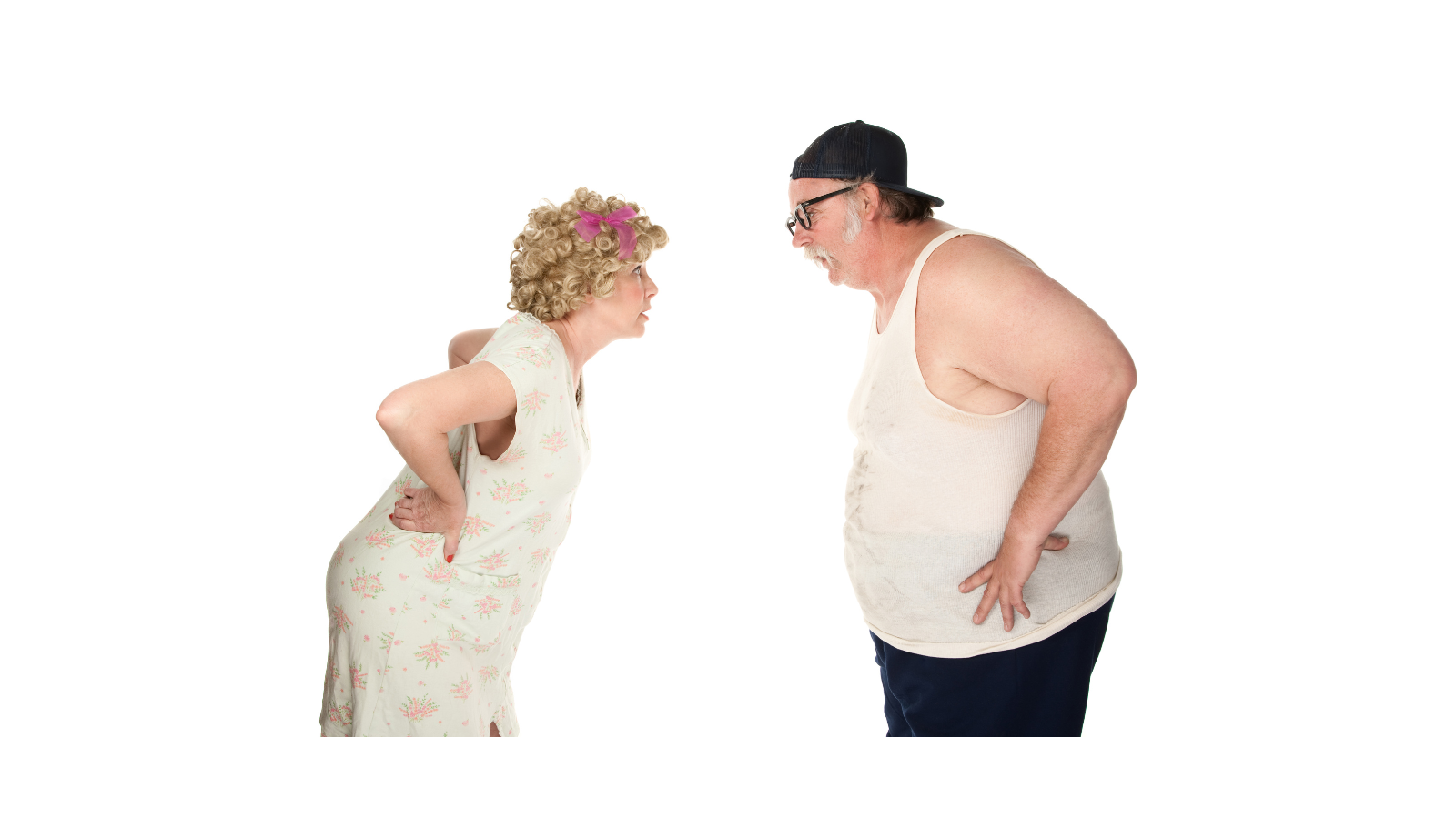
Dealing with ‘negative’ emotions
5 September 2024
Many of us have trouble dealing with so-called negative emotions - such as fear, anxiety, anger, sadness.
I often hear clients say they just don’t want those kind of feelings and how can they get rid of them? Of course, you can’t simply ‘get rid’ of a particular feeling and even if you could you’d be giving up something important as feelings play an important role in our life, even difficult feelings.

Why opposites attract - and can then repel
26 August 2024
When we first meet and get to know our partner we are often attracted, or at least intrigued, by qualities they have that are different to us. But, over time, those ‘opposite’ qualities we used to like can begin to annoy us.
For observers it can seem strange that two people who, in some ways, are so different to each other end up in a relationship.

We may not like it, but pain can have a purpose
18 June 2024
“There is no coming to consciousness without pain.”
Carl Jung
Most of us try to avoid pain in our daily lives. instead we seek pleasure. Nothing wrong with that, you might say, and obviously it’s important to allow ourselves pleasurable experiences.

What is passive aggression and how do you deal with it?
13 May 2024
Do you have someone in your life who is passive aggressive, or is it something you yourself express in your relationships?
Firstly, what is passive aggression? It’s a way that some people express aggression or anger in an indirect way. This could include ‘forgetting’ that they’ve agreed to do something or forgetting important events such as birthdays. Or arriving late when they’re meeting up with you.
Read more: What is passive aggression and how do you deal with it?

I love you, I hate you
27 April 2024
I hate you, I love you
I hate that I love you
I hate u I love u, Gnash
The people you love are usually the ones that can hurt you the most. That’s why there are so many songs about love turned sour, the beloved becoming the hated.

In every blessing a curse and in every curse a blessing
31 March 2024
The phrase above was one that a workshop leader in a men’s group I used to be a part of would use. It resonated with me because it seemed to say something profound about the human experience.
It’s also a paradox - a contradictory statement that nevertheless contains truth.
What I understand by the phrase is that often, when something good, something we’ve longed for, happens it can contain the seeds of something negative or challenging. Similarly, when something bad or unwanted happens there will often be something positive that comes out of it.
Read more: In every blessing a curse and in every curse a blessing

How to communicate criticism in a way that your partner will listen
13 February 2024
Mostly when we criticise our partner they switch off, they see it coming and are already forming their defence in their mind before we have completed our sentence.
So, how can we communicate about something our partner has done that has annoyed or hurt us, without them becoming immediately defensive?

Narcissism - the underlying pain of narcissistic wounding
5 December 2023
“Narcissism is a condition in which a person does not love himself.”
- Thomas Moore
Today the word narcissism and narcissist is thrown around a lot, mostly as an insult.
But often we fail to understand the pain of the early ‘narcissistic wounding’ that underlies narcissistic behaviour. We only see the outward behaviour of selfishness, treating other people as objects, a lack of vulnerability.
Read more: Narcissism - the underlying pain of narcissistic wounding
- Not seeing people as they really are - idealising and demonising
- Parent-child dynamics in couple relationships
- Daring to be ourselves
- What causes sex addiction?
- Why accepting and facing pain can make us happier
- What stage of the change process are you in?
- The power of shame
- How to challenge destructive or self-destructive behaviour
- Tackling the problems of a low-sex relationship
- Self-compassion


